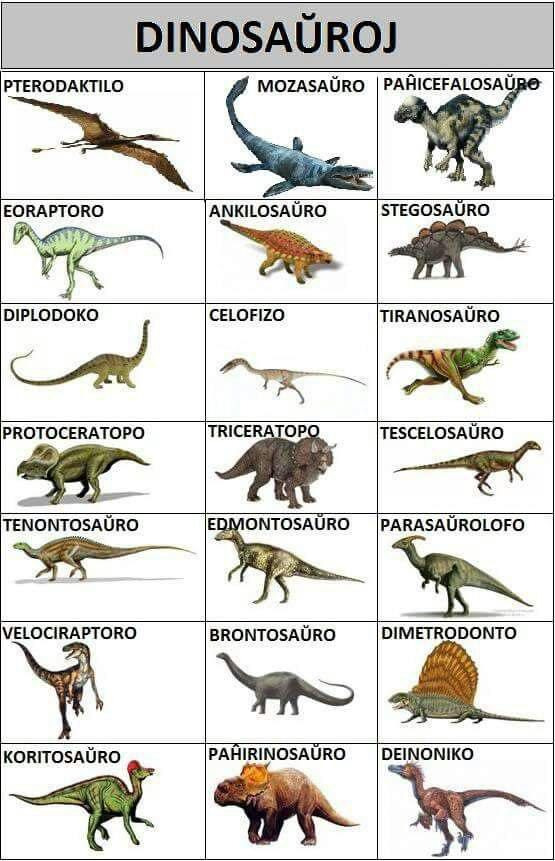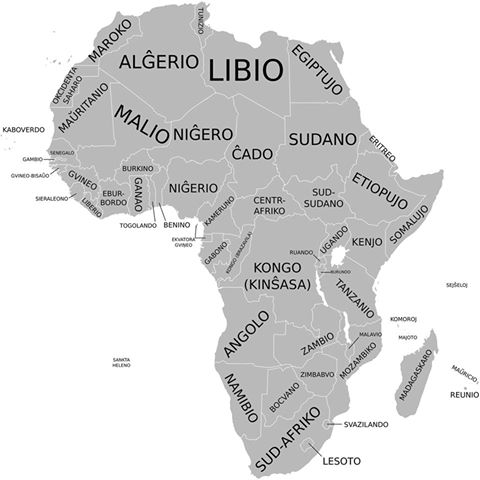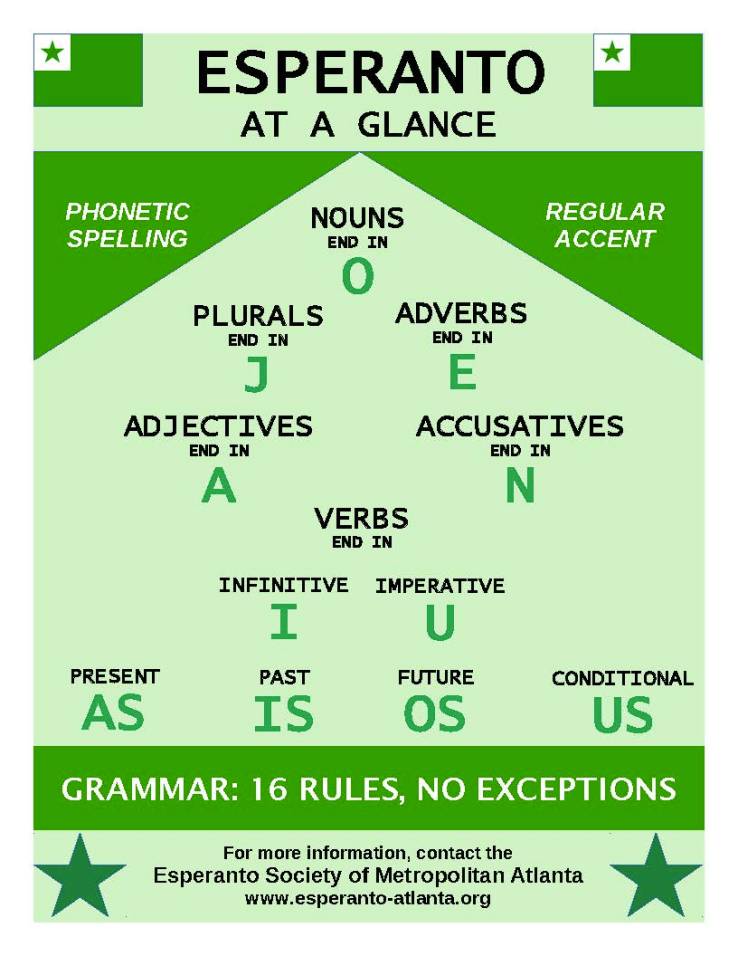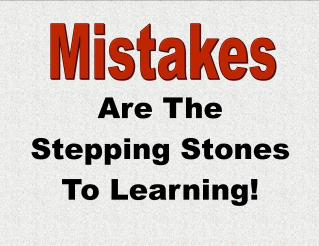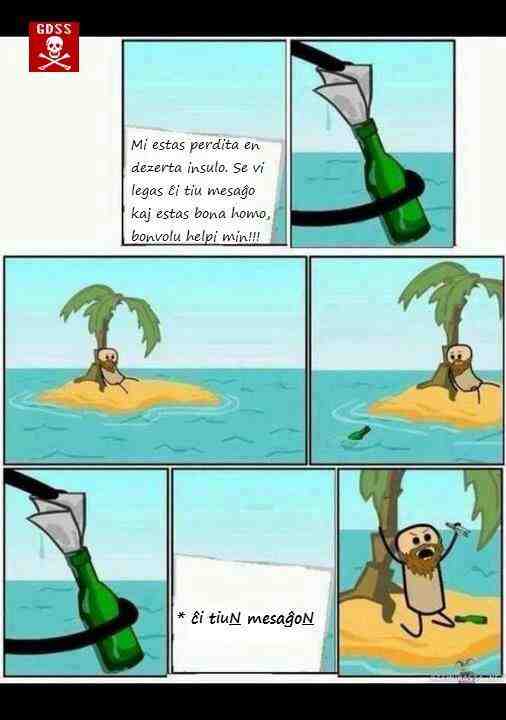Haloveno estas tre populara festotago en Usono. Ĉi tie ĝi estas plejparte festotago de infanoj, kiam ili portas amuzajn kostumojn kaj ricevas dolĉaĵojn. Multaj familioj skulptas kukurbojn kaj kreas “Jack-O’-Laterns,” kiuj oni metas ekster sia domo kun interna kandalo.
Haloveno estas sezono de fantomoj, demonoj, zombioj, sorĉistoj kaj sorĉado. Ankaŭ ĝi havas religian aspekton, ĉar ĝi okazas unu tago antaŭ Ĉiuj Sanktuloj (aŭ Sanktulara Festo.)
Lernu pli pri Haloveno: eo.wikipedia.org/wiki/Halloween
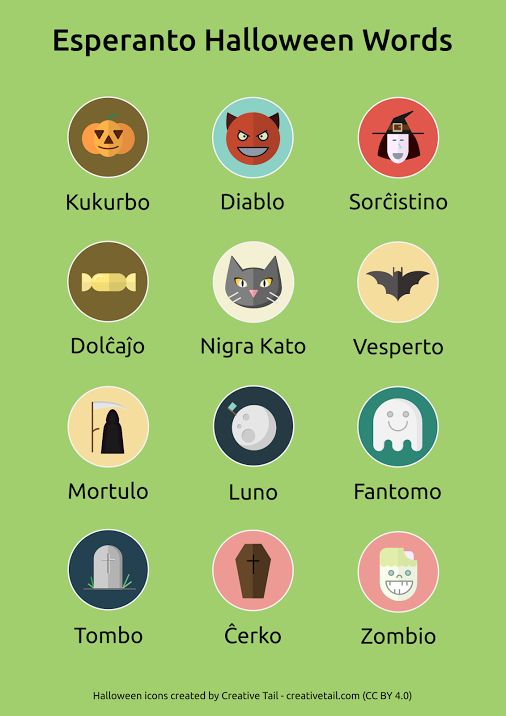

 Hodiaŭ estas la unua tago de somero en la norda hemisfero. Ĝi estas la plej longa tago de la jaro.
Hodiaŭ estas la unua tago de somero en la norda hemisfero. Ĝi estas la plej longa tago de la jaro.
